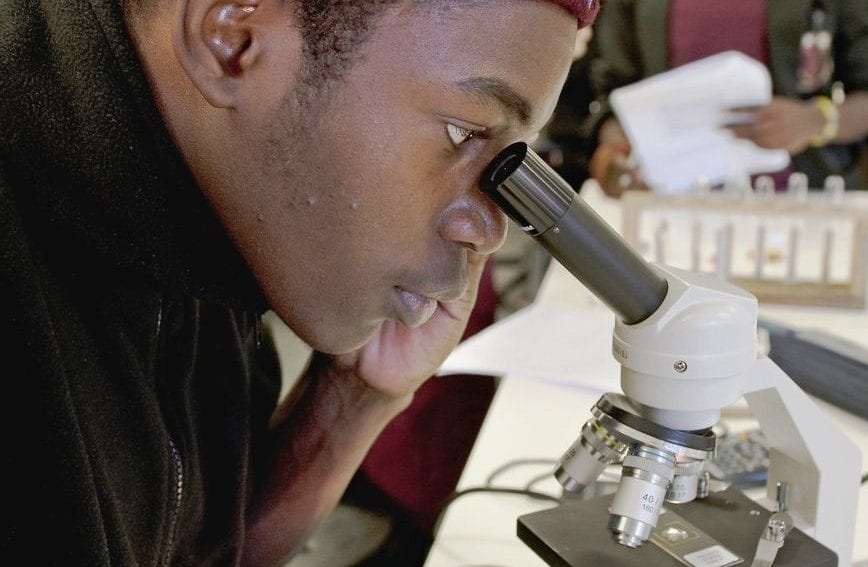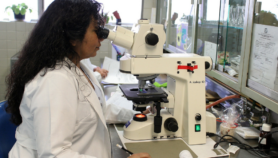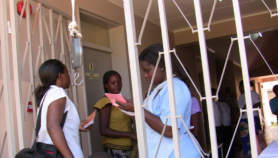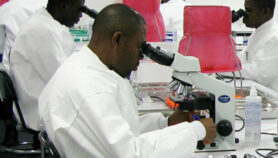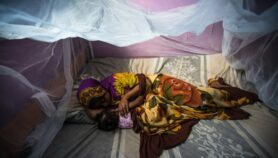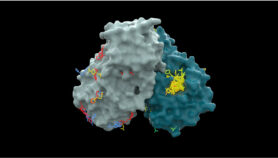By: Dann Okoth
Send to a friend
The details you provide on this page will not be used to send unsolicited email, and will not be sold to a 3rd party. See privacy policy.
[NAIROBI] Research in science, technology and innovation in Sub-Saharan Africa could receive a boost as the Alliance for Accelerating Excellence in Science in Africa (AESA) is formally launched next month.
The alliance aims to provide long-term opportunities for developing research leadership and innovation to help address Africa’s developmental challenges, says a joint statement issued by its creators — Kenya-headquartered African Academy of Sciences (AAS) and the AU’s New Partnership for African Development (NEPAD) Agency — on 9 March.
“We will lobby African governments to provide complementary funding for the platform through our partnership with NEPAD [Agency]. AESA’s initial focus will be health research but we will expand to other disciplines in future.”
Thomas Kariuki, AESA
The statement noted that the AESA will be administered by the AAS in collaboration with the NEPAD Agency, and will be formally launched during the 25th AU summit to be held in South Africa on 7-15 June.
The AESA got the full approval of African leaders at the January 2015 AU’s 24th Summit in Addis Ababa, Ethiopia.
Thomas Kariuki, the first director of the AESA, tells SciDev.Net: “The alliance will design and implement programmes to fund African research with financial support from the United Kingdom’s Wellcome Trust, the Bill and Melinda Gates Foundation and the Department for International Development.”
He adds that the platform will run open calls for proposals and evaluate the implementation of programmes in addition to developing continental science strategies as part of its think-tank functions.
Kariuki discloses that AESA would initially manage between US$60 million and US$70 million but would increase the amount significantly in the coming years.
“We will lobby African governments to provide complementary funding for the platform through our partnership with NEPAD [Agency]. AESA’s initial focus will be health research but we will expand to other disciplines in future,” he tells SciDev.Net
The joint (AAS) and NEPAD statement, described the alliance as “a new dawn for science development on the African continent”.
Moses Makayoto, chief research scientist at the Kenya Industrial Research and Development Institute, says it is refreshing to see the continent’s political leadership recognise science as a catalyst for development.
“The incubation of scientific research ideas is an expensive affair and that is why many novel ideas lie unutilised in scientific laboratories across the continent. The new initiative could be a huge boost towards commercialising scientific research,” Makayoto tells SciDev.Net.
But he adds: “African countries also need to develop strong intellectual property policies to safeguard and protect their research and indigenous knowledge.”
This article has been produced by SciDev.Net’s Sub-Saharan Africa desk.


